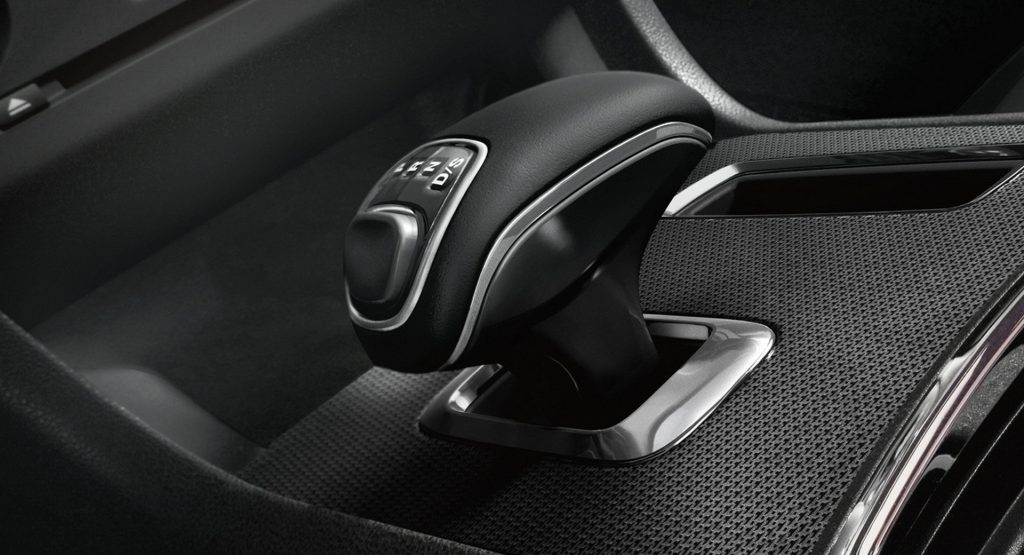Federal District Judge David Lawson issued a decision on Monday that owners suing Fiat Chrysler Automobiles (FCA, which is now owned by Stellantis) can move forward with a “conditionally certified” class case.
The ruling, legal experts told the Detroit Free Press, is a sort of split decision. Although the plaintiffs can proceed, they failed to get full class certification and it won’t be easy for them because they will be forced to go into individual courtrooms and explain how the defective shifter has affected them.
The case concerns the “monostable” shifter that was tied to the death of Star Trek actor Anton Yelchin as well as 266 rollaway accidents and 68 injuries. The faulty shifter design was found in the 2012-14 Dodge Charger and Chrysler 300, as well as the 2014-15 Jeep Grand Cherokees, and was recalled in 2016. FCA said it was updating the system to “reduce the effect of potential driver error,” which allowed owners to exit the vehicle erroneously believing they had put their vehicle in park, increasing the risk of a rollaway accident.
Read Also: Fiat Chrysler Recalls 1.1 Million Vehicles For Unintuitive Shifter
Although FCA framed it as driver error, lawyers for the plaintiffs claim that the shifter was defective “because it inhibits reliable gear selection and provides insufficient tactile or audible feedback to allow drivers to readily and confidently shift to their intended gear.”
Indeed, the National Highway Traffic Safety Administration (NHTSA) found that the gear-selector, provided by the ZF Group, was not intuitive. As part of its recall, FCA added a feature called “Auto Park” to the gearbox, which prevented the rollaway condition from happening.
Now, according to Erik Gordon, a law professor at the University of Michigan who spoke to the Detroit Free Press, the most important question for the future of the case is whether or not FCA knew about the defect before it brought the product to the market, as the plaintiffs claim.
“Based on its own internal studies and employee test drives of preproduction cars, Chrysler knew about the problems with the gear shift design well before the class vehicles went to market,” the plaintiffs argue, further alleging that the automaker considered other designs but determined they were too expensive and time-consuming to implement.
The plaintiffs will, however, have a harder time proceeding with the case since full class certification has not been granted. Although that may be frustrating to them, there is still a risk for FCA that juries in different states could find it liable and penalize it, especially if it’s found that the company knew about these issues. Still, the company seems to be happy with the ruling.
“FCA is pleased the judge found that none of the plaintiff’s causes of action should be certified for class treatment. With regard to the court’s conditional certification of an issues class, we believe the auto-park feature addresses any concerns raised in this matter,” it said in a statement.





